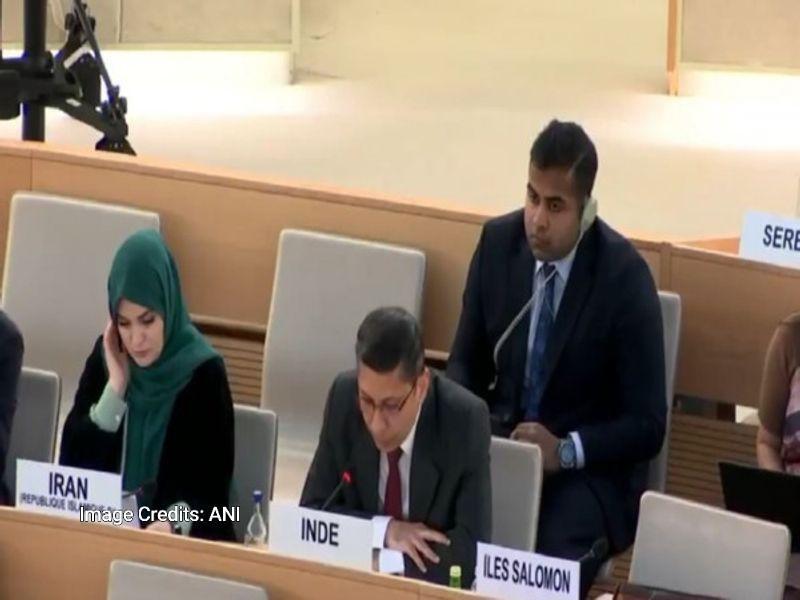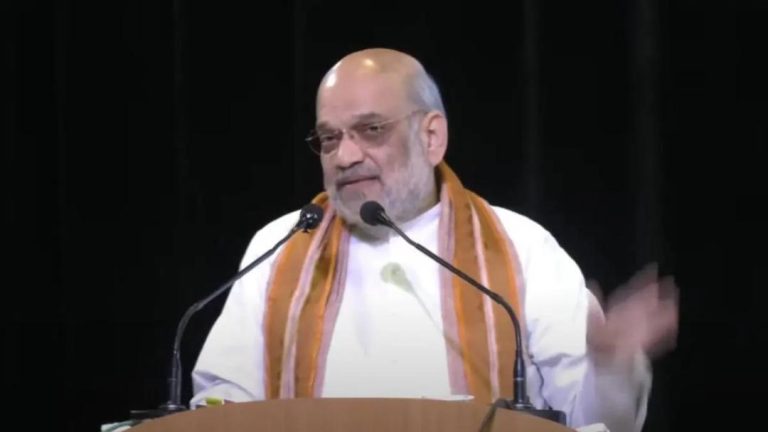
Unfounded, Baseless: India on UNHRC Chief Remarks on J&K, Manipur
India has taken strong exception to the remarks made by the United Nations Human Rights Chief, Volker Türk, on Jammu and Kashmir (J&K) and Manipur. India’s permanent representative to the United Nations, Arindam Bagchi, termed the statement as “unfounded and baseless” and accused the UNHRC chief of “cherry-picking” issues.
The UNHRC chief had expressed concerns over restrictive laws in J&K and called for addressing the violence in Manipur. However, India has rejected these remarks, saying that they are based on a flawed understanding of the situation on the ground.
“The world’s largest democracy continues to be a healthy, vibrant and pluralistic society,” Bagchi said, responding to the UNHRC chief’s statement. “We reject the unfounded and baseless remarks made by the UNHRC chief on Jammu and Kashmir and Manipur.”
India’s response comes amid growing concerns over the human rights situation in J&K and Manipur. The UNHRC chief had called for addressing the violence in Manipur, which has seen a surge in attacks on security forces and civilians in recent years. He had also expressed concerns over the restrictive laws in J&K, which were imposed by the government after the abrogation of Article 370 of the Indian Constitution in 2019.
However, India has maintained that the situation in J&K is peaceful and that the restrictive laws are necessary to maintain law and order in the region. The government has also claimed that the situation in Manipur is under control and that the security forces are taking all necessary measures to protect the people.
Despite India’s assurances, the UNHRC chief’s statement has raised concerns about the human rights situation in the two regions. The UNHRC has been critical of India’s handling of the situation in J&K, and has called for greater transparency and accountability.
However, India has rejected the UNHRC’s criticism, saying that it is based on a flawed understanding of the situation on the ground. The government has maintained that the situation in J&K is peaceful and that the restrictive laws are necessary to maintain law and order in the region.
The UNHRC chief’s statement has also raised concerns about the impact of the restrictive laws in J&K on the people’s fundamental rights. The laws, which were imposed by the government after the abrogation of Article 370, have been criticized for curtailing the people’s freedom of movement and expression.
However, India has maintained that the laws are necessary to maintain law and order in the region and to prevent any potential threats to national security. The government has also claimed that the laws are in line with international human rights standards and that they do not curtail the people’s fundamental rights.
Despite India’s assurances, the UNHRC chief’s statement has raised concerns about the human rights situation in the two regions. The UNHRC has been critical of India’s handling of the situation in J&K, and has called for greater transparency and accountability.
However, India has rejected the UNHRC’s criticism, saying that it is based on a flawed understanding of the situation on the ground. The government has maintained that the situation in J&K is peaceful and that the restrictive laws are necessary to maintain law and order in the region.
In conclusion, India’s response to the UNHRC chief’s statement on J&K and Manipur is a clear rejection of the remarks. The government has maintained that the situation in J&K is peaceful and that the restrictive laws are necessary to maintain law and order in the region. The government has also accused the UNHRC chief of “cherry-picking” issues and has rejected the UNHRC’s criticism of India’s handling of the situation in J&K.





